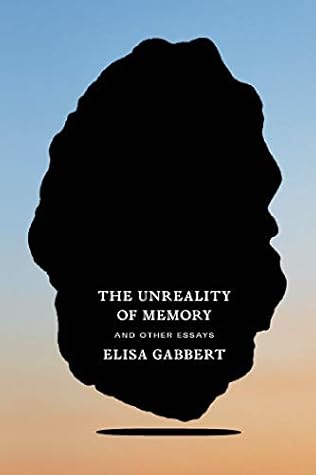More on this book
Community
Kindle Notes & Highlights
Read between
January 31 - February 2, 2021
It is one of the terrible parts of disaster, our complicity: the way we glamorize it and make it consumable; the way the news turns disasters into ready-made cinema; the way war movies, which mean to critique war, can really only glorify war.
Laurel Kane and 1 other person liked this
We do learn from the past, but we can’t learn from disasters we can’t even conceive of. While disasters widen our sense of the scope of the possible, there are limits. We can’t imagine all possible futures.
The nuances of the terminology reflect degrees of stigma, but they influence stigma too—the names we give to people’s discomfort affect how uncomfortable those people make us.
Having seen the global warming problem coming for more than 100 years, then, it seems quite incredible that we have yet to act decisively in order to do something about it. Or maybe not so extraordinary. Humans, as individuals, as groups, and together as a society, seem to be hard-wired to respond quickly and effectively to a sudden threat, but not to a menace that makes itself known stealthily and over an extended period of time.
The apparent senselessness of a new epidemic makes it even more frightening, so that every plague is a double plague of contagion and fear.
What we experience as direct access to the actual physical world through our actual physical body is really just an extremely immersive user interface. Rather than experiencing the world directly, we move through life in a kind of continual virtual reality.
In the era of fake news—a natural extension of the era of news proper—we don’t just look to the media for facts, we look to it for narratives. And with plenty of news to choose from (we can’t read it all), we naturally gravitate toward the news and news sources that align with our existing worldview, our ongoing narrative.
Our ancestors were capable of living lives of virtue … a virtue that depended on unavoidable ignorance. Modern technology has robbed us of the sorts of virtue that depend on such ignorance, for ignorance is all too avoidable today. Information technology has multiplied our opportunities to know, and our traditional ethical doctrines overwhelm us by turning these opportunities into newfound obligations to know.


